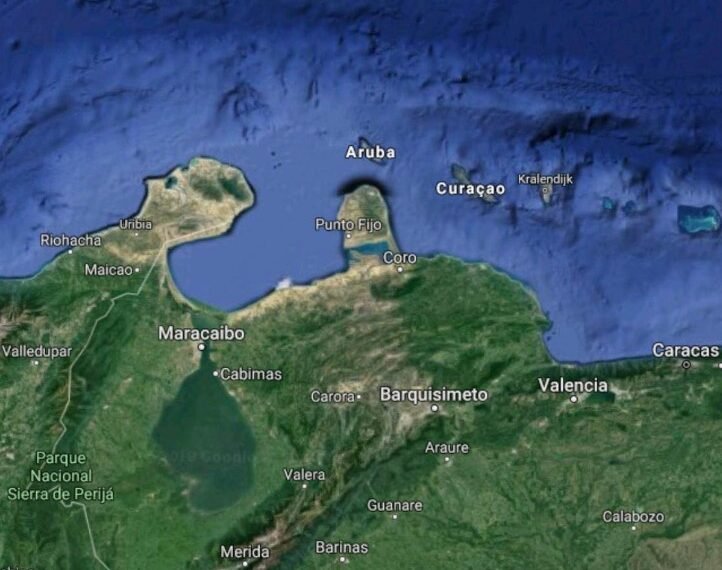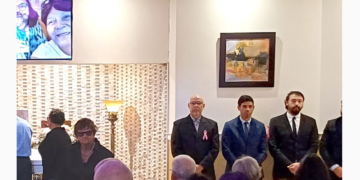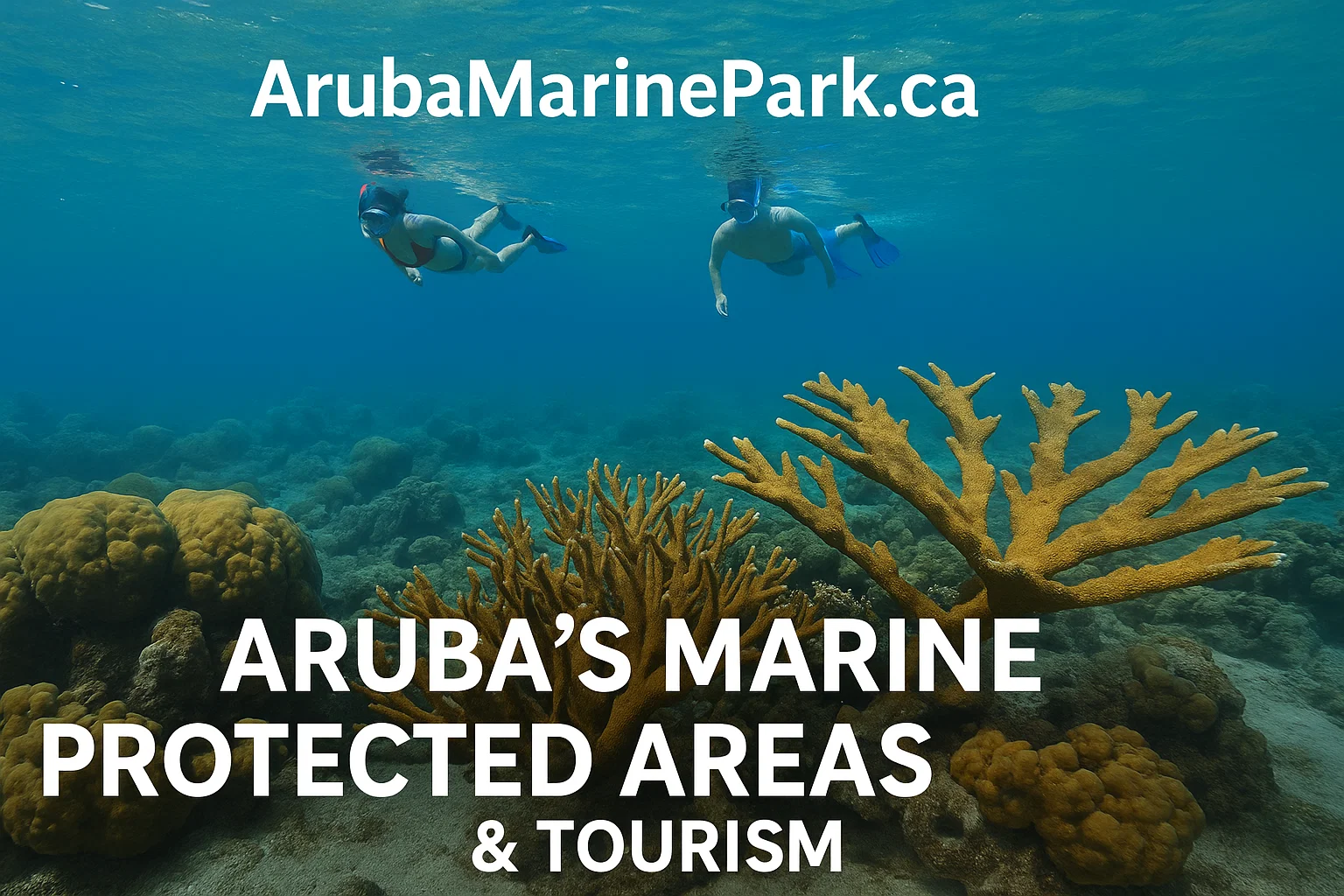The ABC islands—Aruba, Bonaire, and Curaçao—never consented to being the backdrop for superpower rivalries. Yet, due to Dutch-U.S. security policies, they risk becoming a frontline in a conflict they did not choose.
Geography as a Trap
The islands are located near Venezuela, making them vulnerable whenever tensions rise.
- Aruba is about 20 kilometers from Venezuela’s Paraguaná Peninsula.
- Curaçao is roughly 65 kilometers from the Venezuelan coast.
- Bonaire is slightly farther but still within reach.
This proximity puts the islands in the middle of geopolitical conflicts when tensions between Washington and Caracas escalate.
The Kingdom’s Alignment
For decades, the Netherlands has based its Caribbean defense strategy on the ABC islands. The U.S. operates counter-drug missions and regional surveillance from Cooperative Security Locations (CSLs) at Curaçao’s Hato Airport and Aruba’s Reina Beatrix Airport. The Dutch Caribbean Coast Guard and Royal Netherlands Navy work closely with U.S. Southern Command through JIATF-South.
From Washington’s viewpoint, this is an effective forward positioning. For The Hague, it shows NATO reliability and Caribbean security.
However, for the residents of these islands, it brings significant risks. By hosting these operations, Aruba, Bonaire, and Curaçao become perceived extensions of U.S. military power, making them targets in Venezuelan eyes.
Escalation in 2025
The danger is no longer theoretical. In September 2025, the United States attacked Venezuelan boats accused of drug trafficking. In response, Caracas conducted large-scale military exercises, including air-defense drills and amphibious maneuvers. President Nicolás Maduro also announced preparations for emergency powers in case of “external commotion.”
With each development, the ABC islands are increasingly at risk in a confrontation they did not invite.
Risks for the Islands
- Strategic Targeting: If tensions escalate, Caracas may consider the CSL sites or naval operations based in Willemstad and Oranjestad as legitimate targets. Hybrid threats, such as cyberattacks, drones, or maritime harassment, could easily affect the islands due to their proximity.
- Civilian Safety: A misfire or mistaken interception could strike schools, cruise ports, or oil storage terminals. Flights connecting the islands pass over contested waters, putting air traffic at risk.
- Economic Fragility: Tourism, shipping, and fuel storage depend on the perception of safety. Instability can disrupt flights, cancel cruises, and freeze investments, causing immediate economic damage.
- Democratic Deficit: Defense and foreign policy decisions are made in The Hague, not Aruba, Bonaire, or Curaçao. Yet it is the island residents who would bear the consequences.
The Neutrality Question
The ABC islands have long acted as bridges between Venezuela and the Caribbean through commerce, culture, and migration. This role could offer opportunities for dialogue and de-escalation. However, by hosting U.S. military operations, their neutrality is increasingly compromised.
A Call for Debate
This issue isn’t about choosing sides between Washington and Caracas. It’s about recognizing that geography puts the ABC islands at risk whenever the Kingdom chooses alignment without consulting the islands’ residents.
The central question is simple but urgent: Are the islands safer because of U.S.–Dutch military bases, or are they more vulnerable?
Three hundred thousand lives depend on the answer. This debate should not be confined to the Dutch Parliament or the Pentagon. It must happen openly in the plazas and parliaments of Aruba, Bonaire, and Curaçao.
Because if conflict erupts, the first to feel the heat will not be Washington or The Hague—it will be us.
Photo Credits : https://www.curacaochronicle.com/post/opinion/frontline-without-consent-how-the-abc-islands-became-strategic-targets/






















Discussion about this post